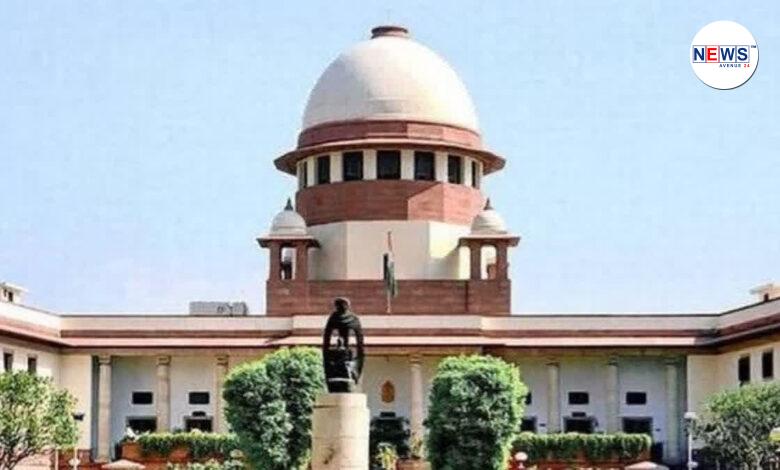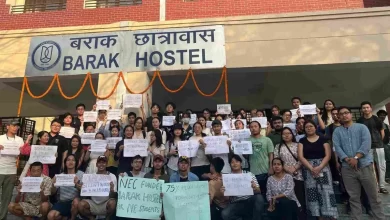
Waqf Act: What are the petitions that CJI Sanjiv Khanna-led bench will hear on April 16?
The Supreme Court’s three-judge bench consisting of CJI Sanjiv Khanna, Justices PV Sanjay Kumar and KV Viswanathan will hear 10 pleas challenging the Waqf (Amendment) Act, 2025 on April 16. This comes after All India Majlis-e-Ittehadul Muslimeen (AIMIM) Member of Parliament Asaduddin Owaisi filed the lead petition in the matter. It is listed as item 13, Bar and Bench reported.
Indian Union Muslim League, AAP MLA Amanatullah Khan, DMK’s A Raja, Muslim clerics body Samastha Kerala Jem-iyyathul Ulama, All India Muslim Personal Law Board (AIMPLB) and Association for Protection of Civil Rights are some of the petitioners.
What do petitions say?
AIMIM’s Owaisi stated the act is “manifestly arbitrary, perpetuates discrimination on the grounds of religion, violates the Shariat Act and strips the Muslim community of the right to manage its own religious institutions”.
A report stated DMK moved the top court through its general secretary A Raja, which believes, “despite widespread opposition, the Waqf Amendment Bill, 2025 was passed by the union government without proper consideration of the objections raised by the members of the JPC and the other stakeholders”, adding it infringes and prejudices the rights of nearly 50 lakh Muslims in Tamil Nadu and 20 crore Muslims in the different parts of the country.
The AIMPLB spokesperson, SQR Ilyas, in a press release, said the petition firmly objected to the amendments passed by Parliament for being “arbitrary, discriminatory and based on exclusion”. It mentioned the amendments not only infringe upon the fundamental rights enshrined in Articles 25 and 26 of the Indian Constitution but also clearly indicate the government’s intent to assume full control over the administration of Waqf properties, thereby marginalising the Muslim minority from overseeing their own religious endowments.Articles 25 and 26 of the Constitution ensure freedom of conscience, the right to practice, propagate religion, and the right to set up and manage institutions for religious and charitable purposes, it further said.
Jamiat Ulama-i-Hind also filed a petition, alleging it was a “dangerous conspiracy” to deprive Muslims of their religious freedom.
Jamiat in its petition stated the law was a “direct attack on the country’s Constitution, which not only provides equal rights to its citizens but also grants them complete religious freedom”.
A religious organisation of Sunni Muslim scholars and clerics in Kerala, Samastha Kerala Jamiath ul Ulema, believes the act was a “blatant intrusion” into the rights of a religious denomination to manage its own affairs in the religious matter.
NGO Association for the Protection of Civil Rights also submitted a petition in the top court challenging the constitutional validity of the Act.
AAP MLA Amanatullah Khan asked the law to be declared as unconstitutional, being violative of “Articles 14, 15, 21, 25, 26, 29, 30 and 300-A of the Constitution”.
The Centre on Tuesday filed a caveat in the apex court, requesting to be heard before any orders are passed on the pending writ petitions challenging the Waqf (Amendment) Act, 2025.
Waqf (Amendment) Bill in parliament
The Waqf (Amendment) Bill came into force on April 8, Tuesday after President Droupadi Murmu’s assent to it. The Lok Sabha started the13 hours and 53 minutes debate and saw 288 members supporting it and 232 opposing it, while the upper house had 128 members voting in favour and 95 against it.
“In exercise of the powers conferred by sub-section (2) of section 1 of the Waqf (Amendment) Act, 2025 (14 of 2025), the Central Government hereby appoints the 8th day of April, 2025 as the date on which the provisions of the said Act shall come into force,” the Ministry of Minority Affairs’ notification read.





